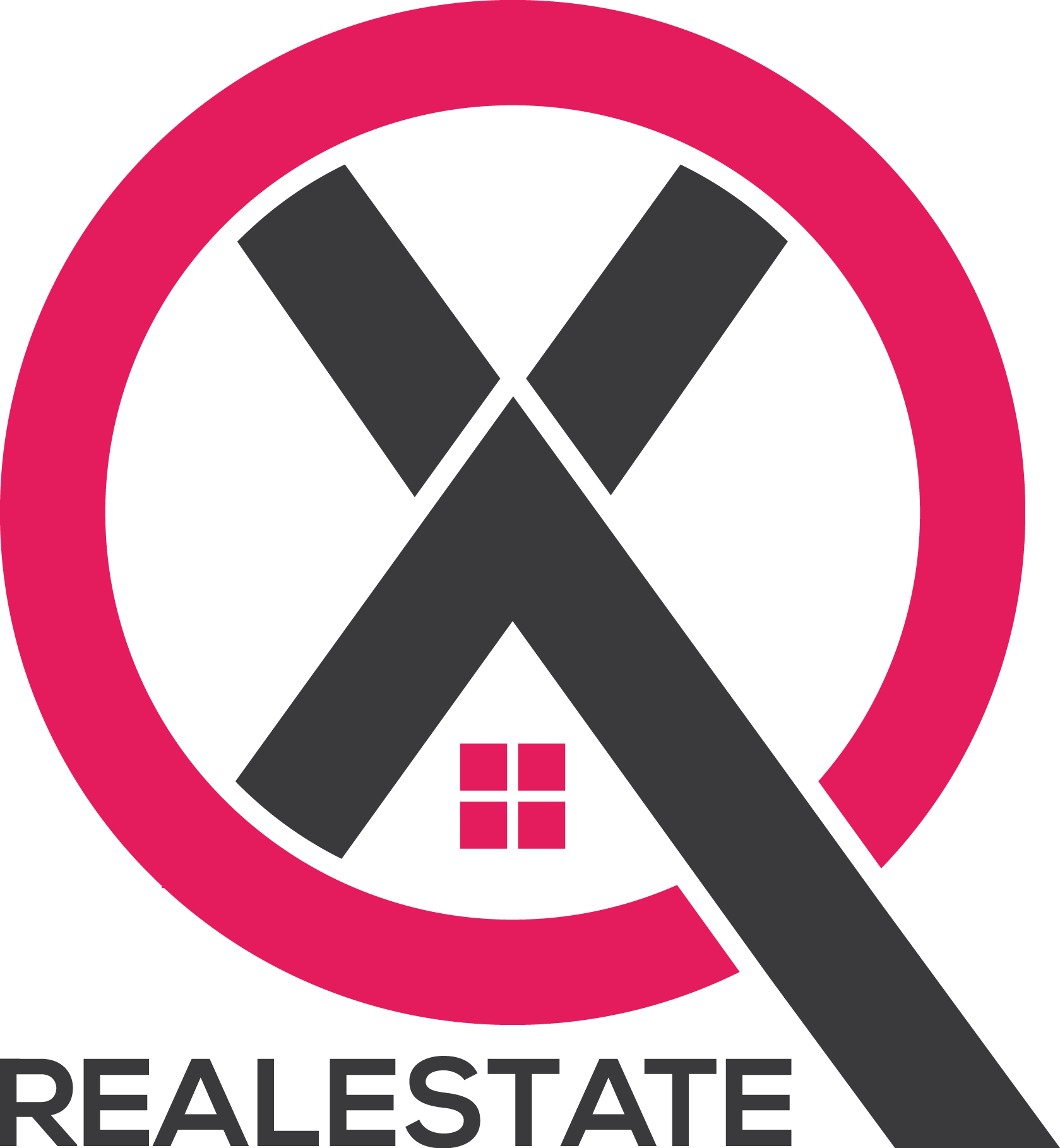Healthcare in the Panhandle Region: Access to Medical Care in Northern Idaho
Introduction
Healthcare is a crucial aspect of life, yet access to quality medical care can vary depending on where you live. The Panhandle Region of Northern Idaho faces unique challenges and opportunities when it comes to healthcare access. In this comprehensive guide, we’ll explore the current state of healthcare in the Panhandle Region, examining the challenges and highlighting the initiatives aimed at improving access to medical care for the region’s residents.
Challenges in Accessing Healthcare in the Panhandle Region
The Panhandle Region, spanning across several counties in Northern Idaho, encompasses a diverse landscape with both urban and rural communities. This geographic diversity presents challenges in accessing healthcare, particularly for residents in remote areas. Distance to healthcare facilities, limited transportation options, and a shortage of healthcare professionals are significant barriers to care. Additionally, the region’s aging population poses unique healthcare needs that require specialized services.
The lack of affordable healthcare options is another challenge. Many residents in the Panhandle Region struggle with high healthcare costs, making it difficult to afford necessary medical care. The absence of health insurance coverage among some residents further exacerbates the issue, limiting their access to preventive care and timely treatment.
Initiatives to Improve Healthcare Access in the Panhandle Region
Recognizing the challenges faced by residents in accessing healthcare, several initiatives have been implemented to improve the situation in the Panhandle Region.
Telehealth Expansion
Telehealth services have emerged as a game-changer in addressing the distance barrier. By utilizing technology, patients can connect with healthcare providers remotely through video conferencing or phone calls. This eliminates the need for extensive travel, making it more convenient for residents in remote areas to access medical care. Several healthcare facilities in the region have implemented telehealth programs, expanding access to primary care, specialty consultations, and chronic disease management.
Mobile Health Clinics
Mobile health clinics are another innovative approach to bringing healthcare directly to underserved communities. These clinics travel to designated locations on a regular schedule, providing access to basic medical services, screenings, and vaccinations. By eliminating the need for transportation, mobile health clinics make it easier for residents who may face mobility challenges or lack access to reliable transportation to receive necessary care.
Community Health Centers
Community health centers play a vital role in providing affordable healthcare to low-income and uninsured residents in the Panhandle Region. These federally qualified health centers offer a comprehensive range of medical, dental, and mental health services on a sliding fee scale based on income. Community health centers are often located in underserved areas, ensuring that residents have access to quality healthcare regardless of their financial situation.
Health Insurance Expansion
Expanding access to health insurance is crucial for improving healthcare outcomes. The Affordable Care Act (ACA) has made significant strides in increasing the number of insured Americans. However, some residents in the Panhandle Region may still be uninsured due to income eligibility or other factors. Initiatives aimed at educating residents about available health insurance options and assisting them with enrollment can help further reduce the number of uninsured individuals and improve access to care.
Workforce Development
Addressing the shortage of healthcare professionals is essential for sustainable healthcare delivery in the Panhandle Region. Several programs are underway to train and retain healthcare providers in the region. Partnerships between local educational institutions, healthcare facilities, and government agencies are creating opportunities for aspiring healthcare professionals to receive the necessary education and training to meet the growing demand for qualified staff.
Conclusion
While challenges remain, the Panhandle Region is making progress in improving access to healthcare for its residents. Through the implementation of innovative initiatives and collaborative efforts, the region is working towards ensuring that all residents have the opportunity to receive quality medical care, regardless of their location, financial situation, or health status. Workforce Development
Addressing the shortage of healthcare professionals is essential for sustainable healthcare delivery in the Panhandle Region. Several programs are underway to train and retain healthcare providers in the region. Partnerships between local educational institutions, healthcare facilities, and government agencies are creating opportunities for aspiring healthcare professionals to receive the necessary education and training to meet the growing demand for qualified staff.
Conclusion
While challenges remain, the Panhandle Region is making progress in improving access to healthcare for its residents. Through the implementation of innovative initiatives and collaborative efforts, the region is working towards ensuring that all residents have the opportunity to receive quality medical care, regardless of their location, financial situation, or health status.
The Panhandle Region’s commitment to improving healthcare access is a testament to the dedication and resilience of its communities. By embracing technology, fostering partnerships, and investing in its healthcare workforce, the region is creating a healthcare system that meets the needs of its residents and ensures that everyone has the opportunity to live a healthy and fulfilling life.
Call to Action
If you or someone you know is facing barriers to accessing healthcare in the Panhandle Region, don’t hesitate to reach out for assistance. Several resources are available to help you navigate the healthcare system and connect with the care you need.
– Contact your local community health center to learn about their services and sliding fee scale options.
– Visit the Idaho Department of Health and Welfare website for information on health insurance programs and eligibility requirements.
– Call the Idaho CareLine at 1-800-632-8080 for assistance with health insurance enrollment and other healthcare-related questions.
Together, we can work towards a Panhandle Region where everyone has access to quality healthcare, ensuring a healthier and brighter future for all.

